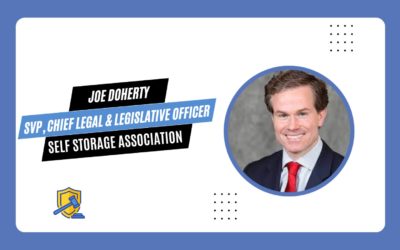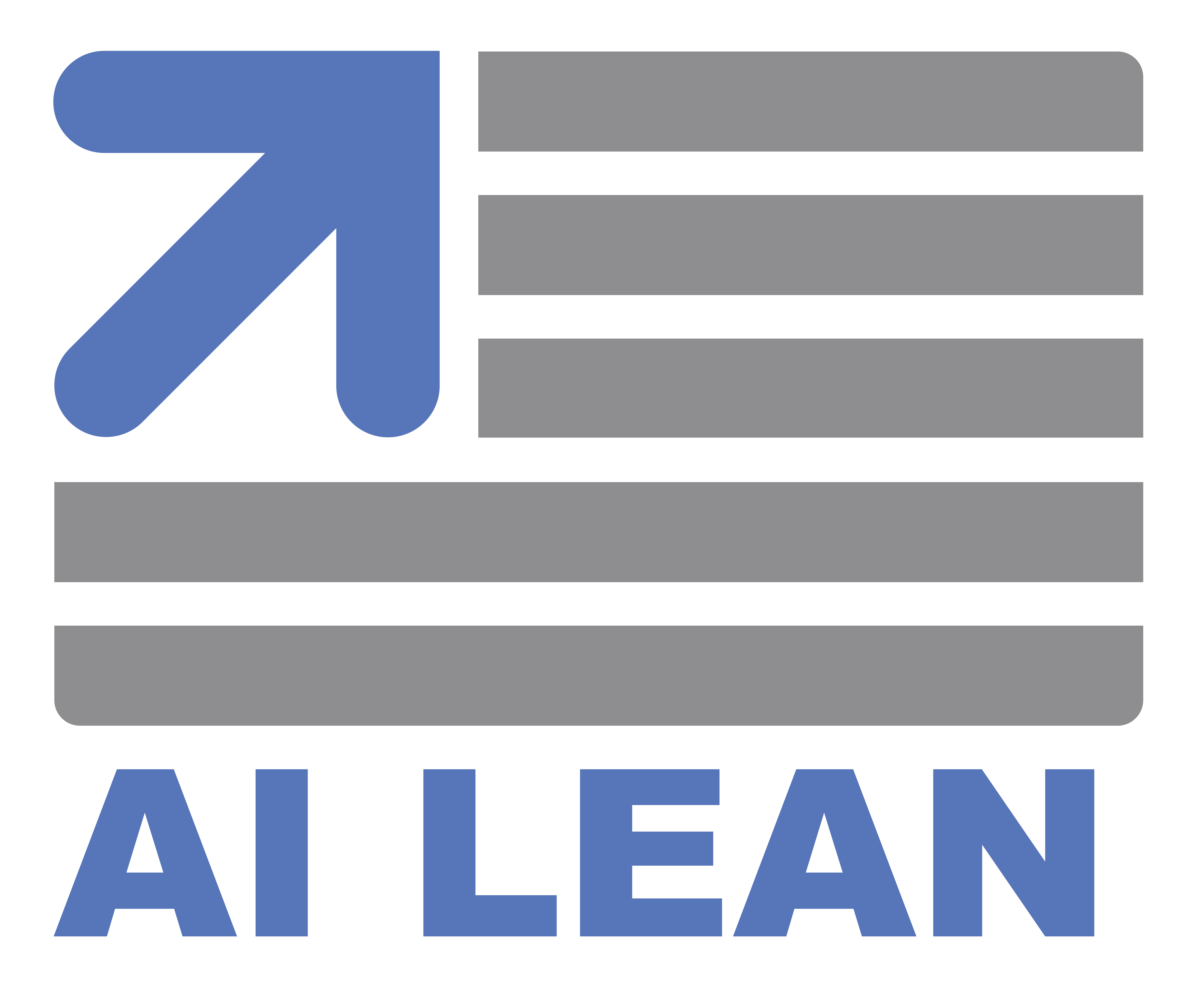Finding and keeping employees is hard. The age of automation can make it easier.
2021 was the year of the big quit, with 38 million Americans leaving their jobs for something better.
Workers in retail and food service led the way, but employees exited all sorts of hourly and professional roles, many seeking greater autonomy in the gig economy or a remote position.
These seismic shifts in the workplace are driving turnover to record levels and pushing up wages. Salaries grew 5% for private industry workers last year, up from a 2.8% increase in 2020.
This uber-tight labor market has been deemed the age of The Great Resignation, and it shows no signs of letting up. A study by Joblist reveals that three out of four full-time employees plan to quit their jobs this year.
 With too few workers, employers are seeking labor-saving tools to get the job done. Businesses need automation not only to thrive but also to survive.
With too few workers, employers are seeking labor-saving tools to get the job done. Businesses need automation not only to thrive but also to survive.
Automation in self storage does not necessarily mean un-manned facilities. The ability to automate the time-consuming lien process is a way to improve business efficiency and unburden valuable on-site talent to serve customers.
Nevada-based Crescendo Self Storage Management integrated the AI Lean SaaS solution inside its operations in early 2021. Prior to implementing the AI Lean software, store employees spent 20 hours per week or more handling lien sales.
“To most people, managing liens doesn’t seem like the most important work, but it can be a giant landmine,”
“To most people, managing liens doesn’t seem like the most important work, but it can be a giant landmine,” says Marshall Calvert, director of lien law operations for Crescendo Self Storage Management, which operates under the Shield Storage brand in California, Washington, Arizona, Idaho and Missouri. “Now I don’t have to worry it about it at all. I can pay attention to marketing and other things.”

Scott Zucker, attorney and self storage expert, Partner at Weissmann Zucker Euster Morochnik Garber, P.C
Boston-based AI Lean launched its SaaS product in 2020 to help self storage operators use artificial intelligence and automation to streamline the tedious and often problematic task of administering liens. Digital transformation is sweeping all sorts of industries, from financial services to manufacturing, hospitality and healthcare. Commercial real estate is ripe for automation investment, and the thriving self storage industry stands to benefit from tools that improve the overall performance of properties.
Automating the lien process is one way the self storage industry is benefiting from the digital economy, says Scott Zucker, an attorney and self storage legal expert.
“Automation of the lien process is something the industry has been waiting for,” Zucker says. “It can be an automated process, and there is no reason it should not happen.”
Self storage is a regulated business, with 49 states plus Washington, DC, providing self storage lien laws within their statues that govern how operators can remedy the situation if a tenant defaults on the payment of rent. The regulatory process must be followed exactly to allow the operator to sell goods as part of their lien right and recover rent as a result of the sale of the property.
Even operators with long-tenured, experienced employees cannot escape the challenges of the lien process. During the last few years, nearly 70% of states have redrafted and modernized their lien laws. Another 10 states are currently working to do the same. As lien laws continue to evolve, storage operators must continually re-train existing and new store managers to keep up with the dynamic nature of the rules.
For operators, there are three areas of risk with liens. The content of notices must comply with the statutory requirements, the timeline for sending the notices must be followed with tenants having the right to pay their balance due to avoid a lien sale, and the sale must be advertised in a timely fashion. Automation can eliminate mistakes from each area of risk.
Employees have been known to behave in ways that intentionally derail the lien process, either to boost their own bonus check, to protect a tenant or to cover their tracks after the lien process has been ignored. Even honest mistakes can push the lien sale out another month, prolonging the existence of non-performing units and contributing to bad debt for the facility.
Along with improved accuracy and expediency, users have found that automating the lien process increases employee satisfaction.
Arco’s Self Storage, which has eight locations in California, began using AI Lean in late 2021. Cathy Romero, Arco’s chief financial officer, says the software is easy to use and provides a full dashboard of information to her about liens at all locations.
“It has definitely taken some of the work off the managers,”
“It has definitely taken some of the work off the managers,” Romero says. “My managers don’t have to deal with the newspaper ads and print out and mail out pre-lien and lien letters.”
Automating the lien process also take pressure off store managers when dealing with delinquent customers.
“I think it has helped our employees keep a better relationship with the customers. They can say I have been trying to help you, but the system is automated,” Romero says. “I wasn’t expecting that benefit, but that has been good.”
Calvert says automating the work to send letters to tenants who are late paying their bill has improved customer serve at the store level, where managers don’t spend hours creating late letters only to be asked by tenants to waive the late fee.
“There was a huge customer service bubble we recognized and wanted to fix that,” Calvert says. “That’s a good 60% of the reason we did it.”
Jake Ramage, CEO of Snapbox Self Storage, has not yet used AI Lean, but he says other technology innovations have improved the way the industry operates, from the ability to text a customer to remind them to pay their bill to new digital lead generation tools.
“I like that entrepreneurs in technology are constantly trying to figure out a way to solve the problems in our industry,”
“I like that entrepreneurs in technology are constantly trying to figure out a way to solve the problems in our industry,” Ramage says.
Excessive administrative tasks at the store level take away from managers being able to convert potential customers to tenants, their primary mission.
“I’m interested in anything that makes our operations more efficient,” says Ramage. “The lien process is a distraction from the sales process. If something is distracting our managers from the process of selling by having them do administrative then I’m interested in it from an efficiency standpoint.”








0 Comments